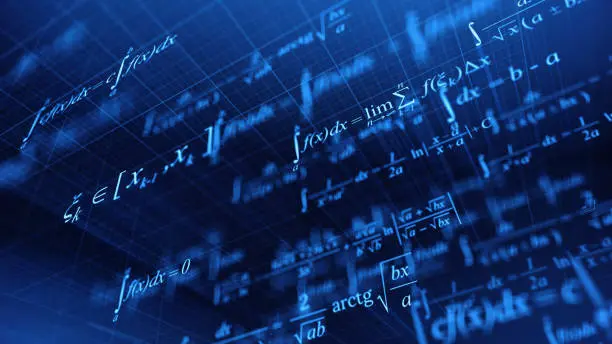
Infinity Explored: A Deep Dive into the Concept in Advanced Mathematics
- Admin
In the realm of advanced mathematics, few concepts are as captivating and elusive as infinity. From its philosophical implications to its practical applications, the concept of infinity permeates various branches of mathematics, reshaping our understanding of the universe. In this article, we embark on an intellectual journey through the depths of infinity in higher mathematics, unraveling its intricacies, paradoxes, and profound significance.
Theoretical Foundations of Infinity:
Infinity, the notion of something unbounded and limitless, serves as a cornerstone of mathematical thought. In higher mathematics, infinity is not merely a philosophical abstraction but a rigorous mathematical concept with well-defined properties and applications. From the study of infinite series and limits in calculus to the exploration of infinite-dimensional spaces in linear algebra, infinity permeates diverse areas of mathematical theory.
Cantor's Set Theory and Transfinite Numbers:
The pioneering work of Georg Cantor in the late 19th century revolutionized our understanding of infinity. Cantor's set theory introduced the concept of different sizes of infinity, demonstrating that the set of real numbers is larger than the set of natural numbers—an insight that laid the foundation for modern set theory and the study of transfinite numbers. Cantor's discoveries reshaped the landscape of mathematics, opening new avenues of inquiry and challenging established notions of mathematical truth.
Paradoxes and Conundrums:
Infinity gives rise to a host of paradoxes and conundrums that defy intuitive understanding. From Zeno's paradoxes of motion to the Banach-Tarski paradox of set theory, infinity confronts us with seemingly impossible scenarios and logical contradictions. These paradoxes serve as fertile ground for mathematical exploration, prompting mathematicians to develop new conceptual frameworks and refine our understanding of the infinite.
Infinity in Applied Mathematics:
Beyond theoretical inquiry, infinity finds practical applications in various fields of applied mathematics. In physics, concepts such as infinite series and limits underpin theories of quantum mechanics and general relativity. In computer science, infinity is harnessed in algorithms for optimization, cryptography, and data analysis. In engineering, infinity informs models of fluid dynamics, structural mechanics, and signal processing. The study of infinity extends far beyond the confines of pure mathematics, permeating diverse areas of scientific inquiry and technological innovation.
Conclusion:
In conclusion, the concept of infinity stands as a testament to the boundless creativity and ingenuity of the human intellect. In the realm of higher mathematics, infinity serves as a guiding principle, illuminating new pathways of inquiry and expanding the horizons of mathematical knowledge. As we continue to explore the mysteries of infinity, we embark on a journey of discovery that transcends finite bounds and unlocks the infinite potential of the mathematical universe.
